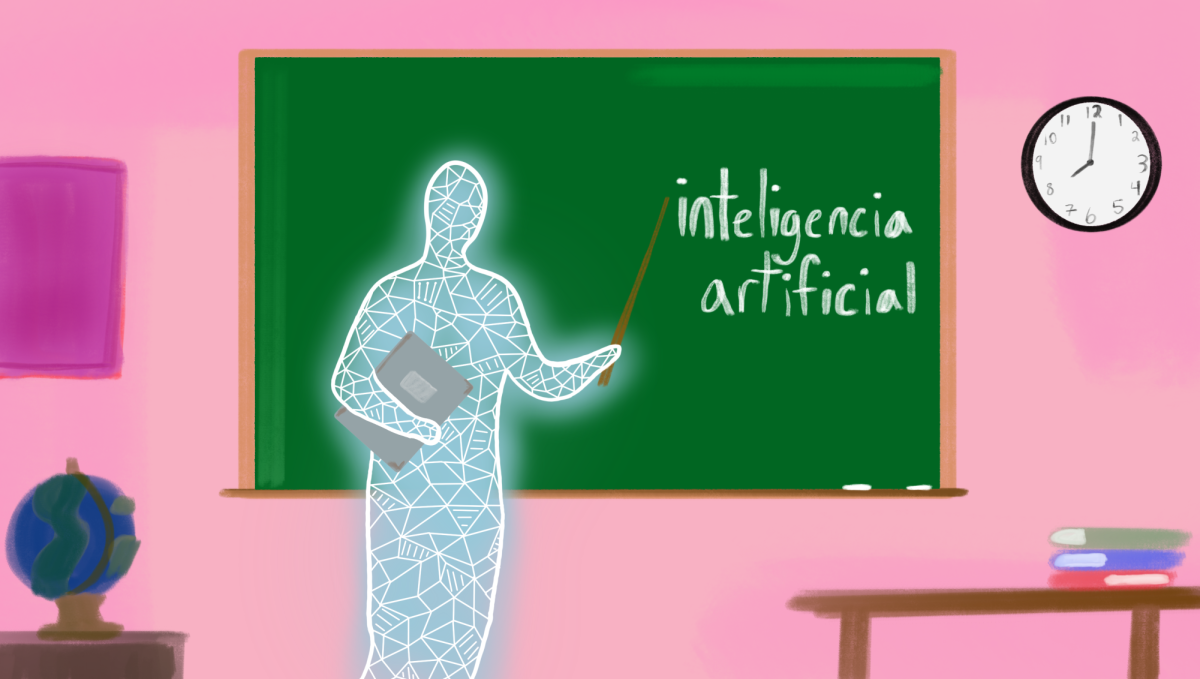Northwestern students, faculty and staff can now access ChatGPT 4.0 through Copilot, Microsoft’s AI-powered chatbot at no cost starting this academic school year.
The decision follows a multiyear discussion between NU IT Teaching and Learning Technologies and the Provost’s Generative AI Advisory Committee, which advises University leaders on integrating generative AI resources into academic policy and practice. But the partnership still leaves it up to professors to set individual policies for their classes.
“In my class, my rule is that you can’t use any generated model to do something that we have asked you to do yourself,” said computer science Prof. Connor Bain. “It’s the process of repeatedly failing, repeatedly trying something and seeing how it affects the end product that is actually the learning objective of the class.”
Similar to OpenAI’s ChatGPT, Copilot uses large language models to provide customized responses to users with verifiable citations.
This is also the first AI service the University has formally supported by providing free access to its entire community.
“There’s a distinction between saying your office door is always open and actually meeting students in the places where they need to be met,” said committee member and Communication Prof. Thomas DeFrantz. “It’s one thing to say this is available and something else to encourage its use.”
As more students explore generative AI independently, those who are unable to afford advanced tools may be disadvantaged, said Medill Prof. Jeremy Gilbert, another member of the committee.
NU IT released a generative AI teaching guide on Aug. 20, citing the fact that employers favored candidates with experience using AI tools.
The Cengage Graduate Employability Report also found that 70% of college graduates believe students should be trained on basic generative AI skills to prepare for the workplace.
“If we encourage these tools used in assignments or in the classroom and people can pay to have access to better tools, that creates an unfair advantage,” Gilbert said. “We want all students to have access to the same set of tools and resources.”
Implementing a “University-wide tool” like Copilot encourages individuals to explore how AI tools can be helpful, Gilbert said.
To access ChatGPT through Copilot, students must be signed into their NU Microsoft account. Due to the University’s data protection contract with Microsoft, students’ data cannot be used to train AI models.
Bringing in new learning technologies opens up greater possibilities for problem-solving but also comes with “a lot of terror,” said religious studies Prof. Lily Stewart.
Thousands of years ago, scholars were apprehensive about using books and writing as a mechanism for storing information, arguing that human memory would decline with the development of literacy, Stewart said.
“There’s a lot of fear over what happens to our brains and to us as new technologies develop, but that also opens up a lot of excitement,” Stewart said.
Stewart said she supports students using ChatGPT as a starting point before diving into the dense readings assigned in class but emphasizes that students’ own critical thinking should come first.
Even before ChatGPT existed, Stewart said she told her students to skim the Wikipedia summary of class readings to have a sense of what to look for in the primary source.
“Everything that my students read has been translated from another language, and so they’re already reading it through a filter of translation,” Stewart said. “When you add a third lens of AI distillation, you’re just losing so much. That’s my fear — that students won’t have the opportunity to think through what’s there.”
Email: cassiesun2027@u.northwestern.edu
X: @cassiesunL
Related Stories:
— Teachers at ETHS embrace ChatGPT
— University Libraries offers workshop for students on generative artificial intelligence
— Searle Center leads faculty session on reading and ChatGPT







